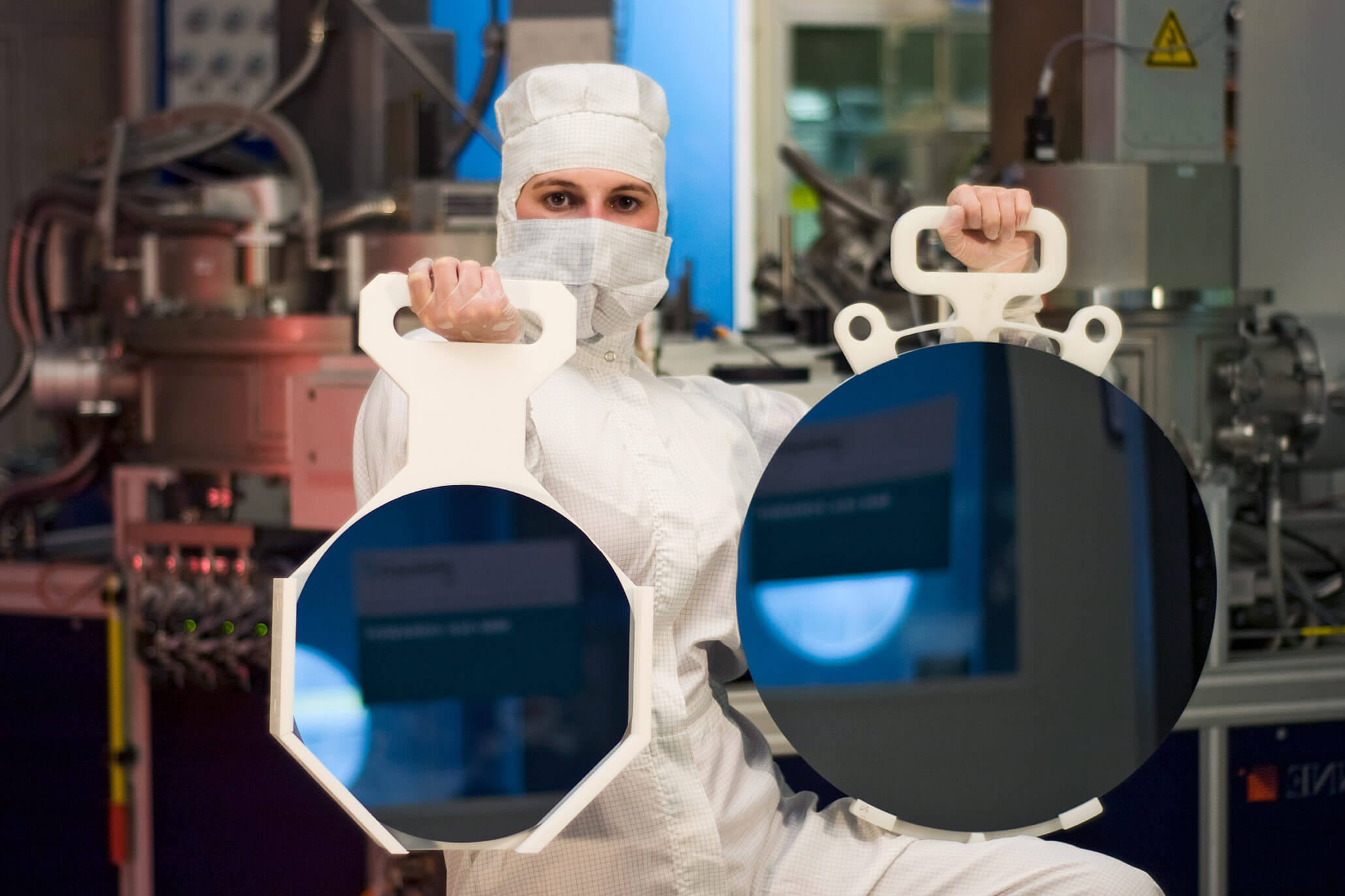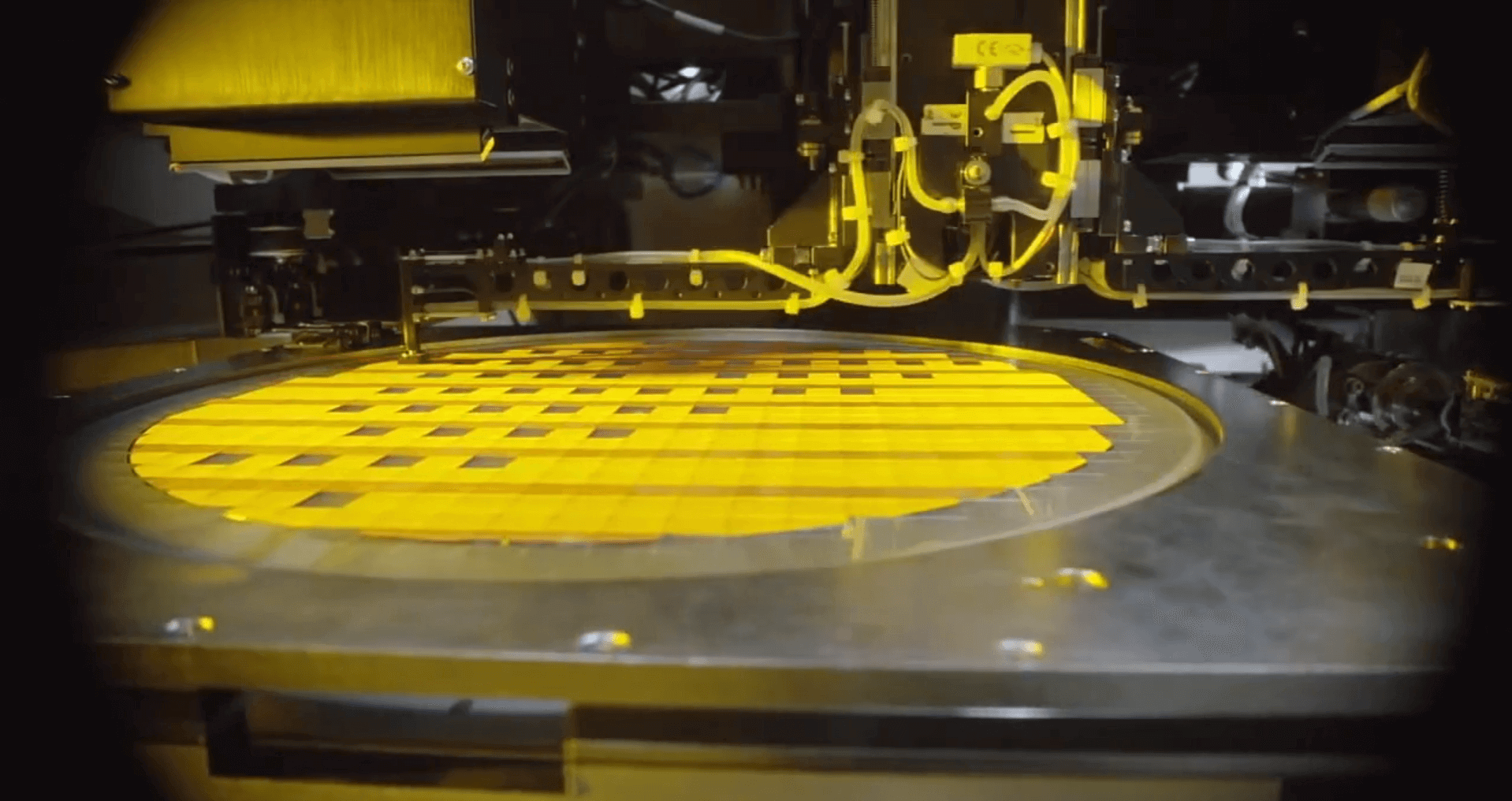What just happened? Intel isn't making enough 14nm wafers to fulfill demand, so it is speaking to TSMC to make up for the shortage. TSMC will manufacture Intel's consumer-grade CPUs, giving new life to the rumors its fab business is in distress.
A little over a week ago, we reported on news that Taiwanese ODMs and OEMs were complaining about a shortage of Intel CPUs. It seems that these claims are being given new substance with another piece on Digitimes now stating that Intel has entered into a manufacturing outsourcing agreement with TSMC to make up for the shortfall of 14nm CPUs. According to Digitimes, doubling down on previous claims, the CPU shortage has reached new heights, and can be as high as 50%.
To address the shortage in the short term, Intel will be allocating part of its product portfolio to TSMC as a manufacturing partner. With this, Intel will focus its own efforts on manufacturing of its high-margin Server CPUs, while handing over consumer-grade CPUs and H310 chipsets (which are also built on 14nm) to the foundry partner. Intel already outsources a number of FPGA designs and the cheaper SoFiA SoC to TSMC.
TSMC also works for rivals AMD and Nvidia, as well as manufacturing ARM-based chips for Apple, Qualcomm, Broadcom and many of the designs coming from mainland China. It is the only pure-play foundry which generates $30 billion of business and this all but confirms the company as the world's largest foundry-only operation.

Intel's postponed move to 10nm is pointed as the root cause of the issue, although this is not the first time in the past few years we have heard Intel is finding it difficult to keep up with supply of its processors. Now, with the vast majority of chips and chipsets all stuck at 14nm, the company is facing some difficulty in getting enough of everything, to everyone, claims the article. As time urges, Intel will not retool or build new clean rooms for wafer production in time, preferring instead to delegate to TSMC. Intel operates its main 14nm manufacturing facility at its Hillsboro Oregon fab.
Industry sources estimate that this will alleviate the shortage by the end of 2018. Intel did not comment on the news.
Whether we see poor planning or a very high demand for Intel CPUs, the fact is that Intel has the wherewithal to go knocking on doors and sort out a problem, even if that means temporarily handing over business to a competing foundry.
